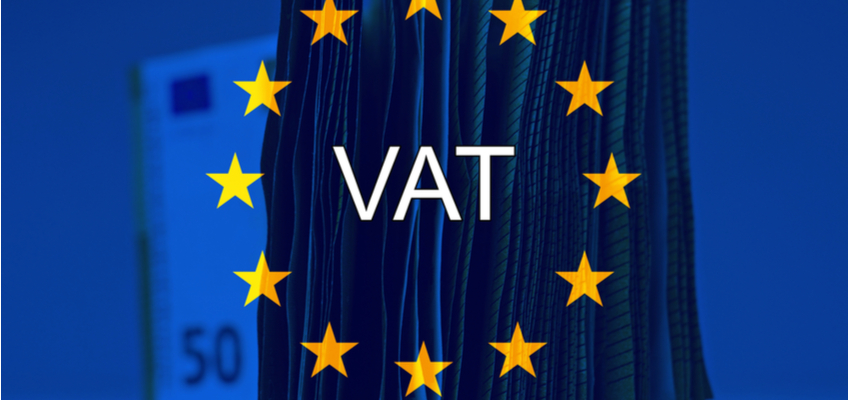
EU VAT Changes and Their Impact on Cross-Border eCommerce
With the EU having significantly altered their VAT policies on July 1st, now’s a good time to look at how the changes are impacting cross-border eCommerce in the region, and what sellers can do to ensure a smooth transition for their businesses.
The sweeping reforms can be boiled down into the following changes:
- The introduction of the One-Stop Shop EU VAT return
- The introduction of the Import One-Stop Shop return, and the end of low-value import VAT exemptions
- The classification of marketplaces as suppliers
The overarching goal of these reforms is to boost cross-border commerce by reducing compliance obligations. To better understand the reforms, let’s look at each change and its impact on eCommerce sellers.
One-Stop Shop (OSS) EU VAT Return
The OSS EU VAT return allows sellers to report all their pan-EU sales to their domestic tax authority. It replaces the current distance selling thresholds, which require sellers to register in each EU country once they pass its individual distance selling threshold.
This greatly simplifies VAT payments for many eCommerce sellers, as it allows them to close foreign VAT registrations. Instead, they’re able to simply file for a quarterly VAT return through in their home countries. In addition, non-EU residents are able to take advantage of OSS VAT returns, giving them greater flexibility to operate their businesses throughout Europe.
Import One-Stop Shop (IOSS) Return
The VAT exemption on imported orders to the EU below £22 were eliminated since the beginning of the month. Instead, VAT must be charged at the point-of-sale for orders under £150, which can be paid via the new IOSS platform, thereby guaranteeing a smooth customs process for importing goods.
For sellers based outside of the EU, IOSS has the following implications:
- They need to register for IOSS in one EU-member state to declare VAT on imported packages under £150.
- If they work with a marketplace that’s classified as a supplier, the marketplace is responsible for paying VAT.
- If they do not use IOSS, VAT costs are passed onto the customer.
Classifying Marketplaces as Suppliers
Marketplaces based outside of the EU that are deemed to be facilitating cross-border sales are now classified as suppliers. This means that they’re required to collect and declare VAT payments for orders imported to the EU valued at under £150.
This greatly simplifies cross-border sales for both EU and non-EU sellers who benefit from reduced VAT obligations. As a result, they may be able to close foreign VAT registrations, giving them greater flexibility as they grow their business in the EU.
Payoneer is Here to Help
In the aftermath of Brexit, rapidly changing regulations in the EU and UK have left cross-border sellers understandably confused. If you have any questions or concerns about how changes to EU VAT policies might impact your eCommerce business, please contact us.




